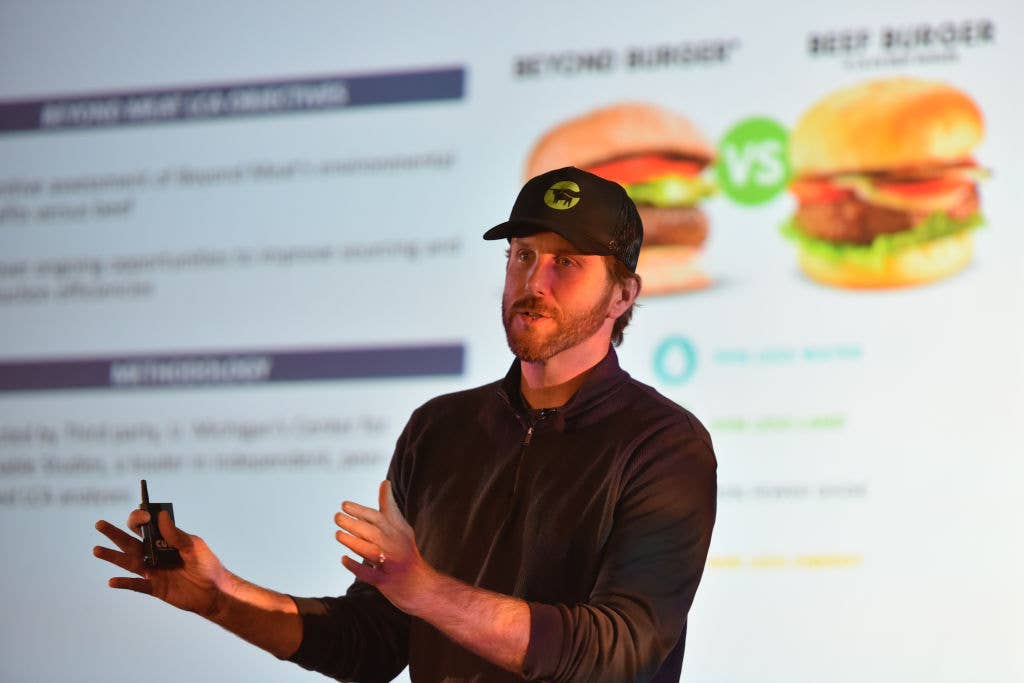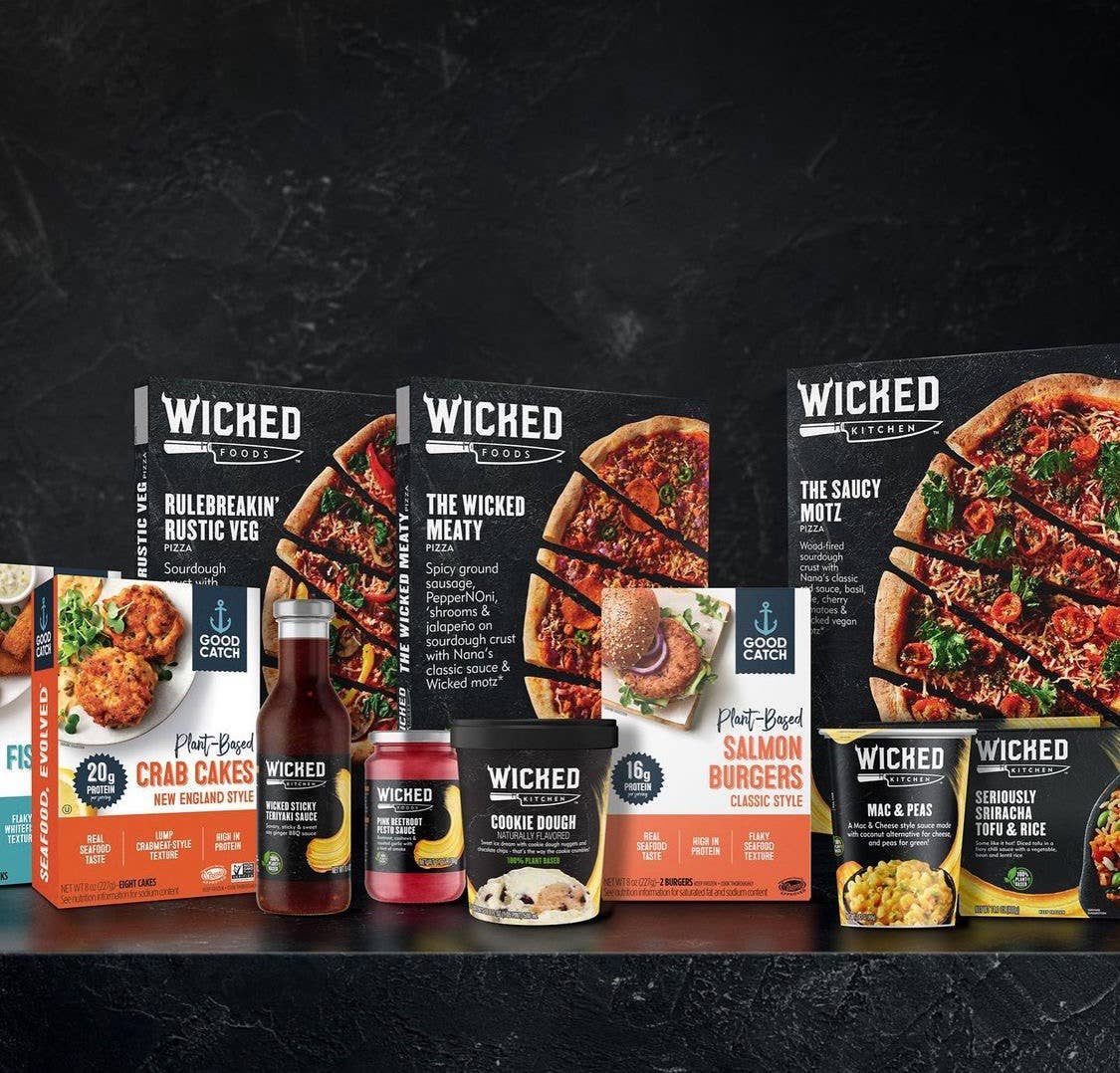
Beyond Meat CEO Believes a Tax on Meat Could Boost Plant-Based Sales
Beyond Meat founder Ethan Brown just announced that he would back a tax on meat consumption, hoping that it would encourage consumers to defer to more plant-based options. With plant-based consumption on the rise, vegan companies are racing to close the price gap between plant-based alternatives and their meat counterparts. The price disparity acts as one of the biggest deterrents to purchasing plant-based foods, but Brown believes that a “Pigouvian” tax could bridge the price gap.
“For a few dollars at the center of your plate, you can communicate what you’re about,” Brown said to BBC. “You don’t have to go and buy that Tesla right away or some other electric vehicle. You can start by just doing something really simple, which is changing the protein at the center of your plate."
Brown highlights how switching from conventional meat to plant-based protein can give consumers the power to tackle overwhelming issues such as climate change. The businessman points out that people, especially the younger generation, can participate directly by purchasing a more sustainable food option.
The Beyond CEO also pointed out that 93 percent of people purchasing Beyond Meat products are actually meat-eaters. He claims that the company’s dedication to replicating the taste and texture of animal-based meat allows all consumers the chance to enjoy plant-based products. This overlap between plant-based products and meat-eating consumers represents an “important breakthrough” to Brown.
“Tens of millions of dollars have been invested into researching this product and making it better and making it more real meat-like,” Brown told CNBC. “I think we are… 99 percent of the way there. It’s close enough that people eating it enjoy it the same way that they enjoy actual ground beef.”
Beyond Meat advertises its plant-based protein products as close to its meat counterparts as possible. One tactic is that the company will stock its Beyond Burgers with conventional meat products in supermarkets. The company hopes to inspire more meat-eating consumers to try the product as it edges closer to a perfect replication across all categories.
“Initially there was some pushback to selling plant-based meat next to [regular] meat, but because we started small and proved the concept with Whole Foods, and then Safeway in Northern California, we had data to show other retailers that it was working, so we didn’t keep having to have that same conversation again and again,” Beyond Meat Executive Chairman Seth Goldman told Food Navigator in 2020.
A 2019 report from Rethink X concluded that the plant-based meat market price parity will come to a close sometime between 2021 and 2023. Brown believes that the tax will help accelerate this narrowing price parity. Alongside the tax, brands such as Impossible Foods slashed prices to make products more affordable for all consumers. The report projects that as plant-based options become more popular, companies will develop cheaper production methods coinciding with rising profits which will make products across all categories cheaper.
Earlier this year, the UK rejected a call for a meat tax alongside a campaign petitioning Prime Minister Boris Johnson to tackle the rise of carbon emissions and its negative consequences. Following this initial rejection, the UK released the National Food Strategy report last month that revealed the damages of animal agriculture. Within the report, similar calls were made to reduce the UK’s meat intake by 30 percent.
Beyond Meat also released its third version of its signature Beyond Burger earlier this year, marketing it as the healthiest and tastiest version of the plant-based protein yet. The Beyond Burger 3.0 contains 30 percent less fat and 30 percent less saturated fat. Boasting its nutritional value, the company aims to expand its outreach and encourage consumers to leave meat behind, and give plant-based a try for both personal health and environmental protection.
More From The Beet






